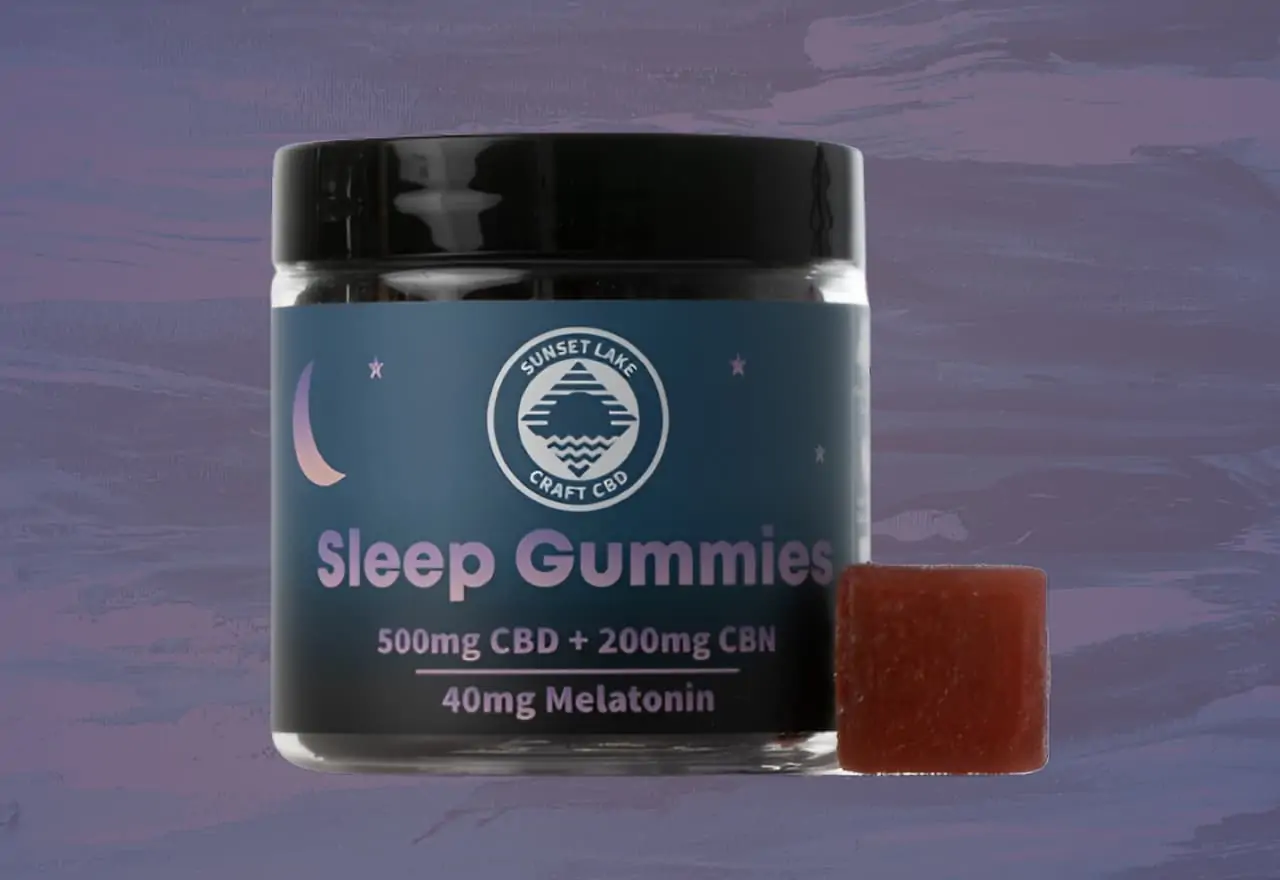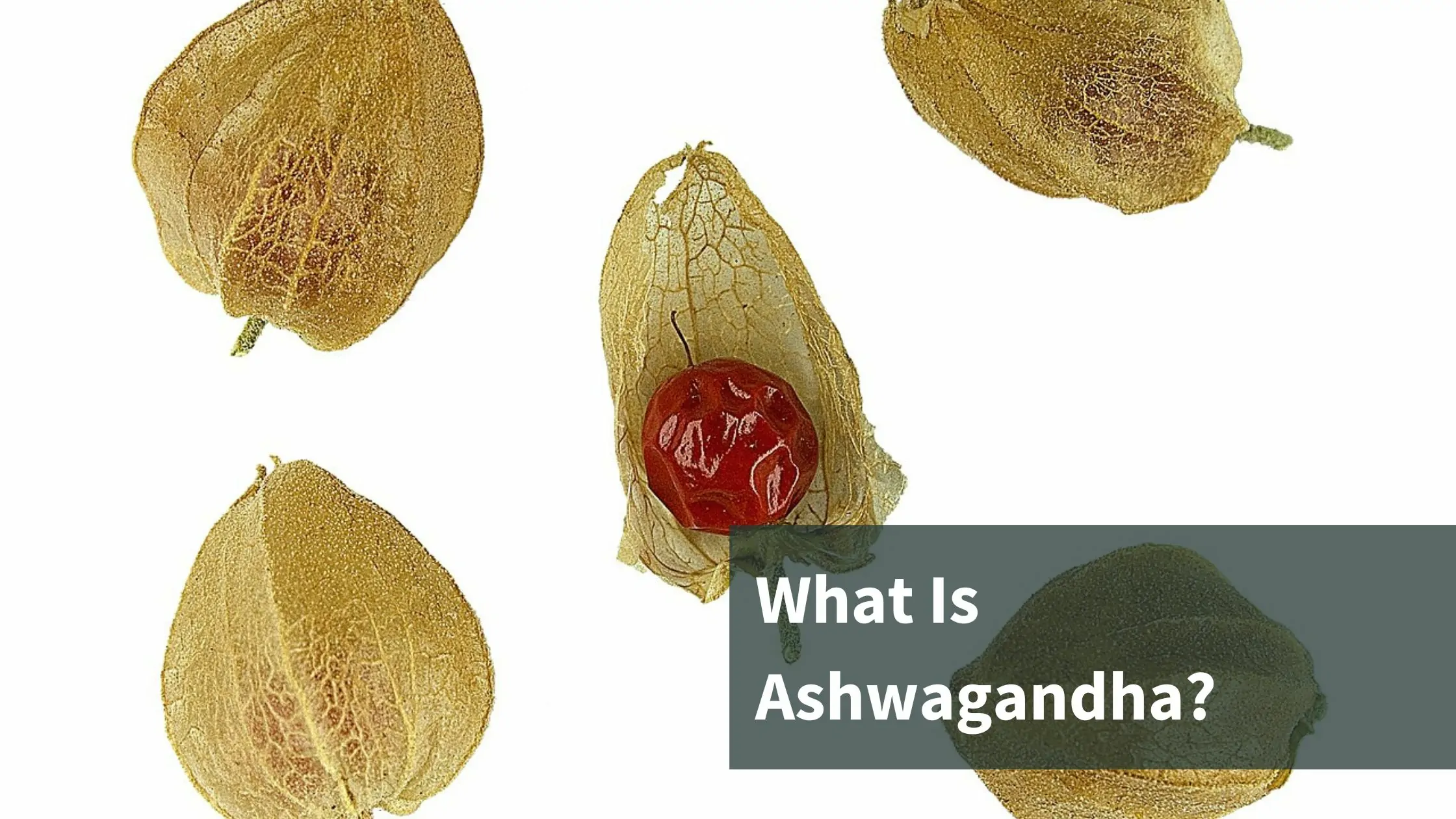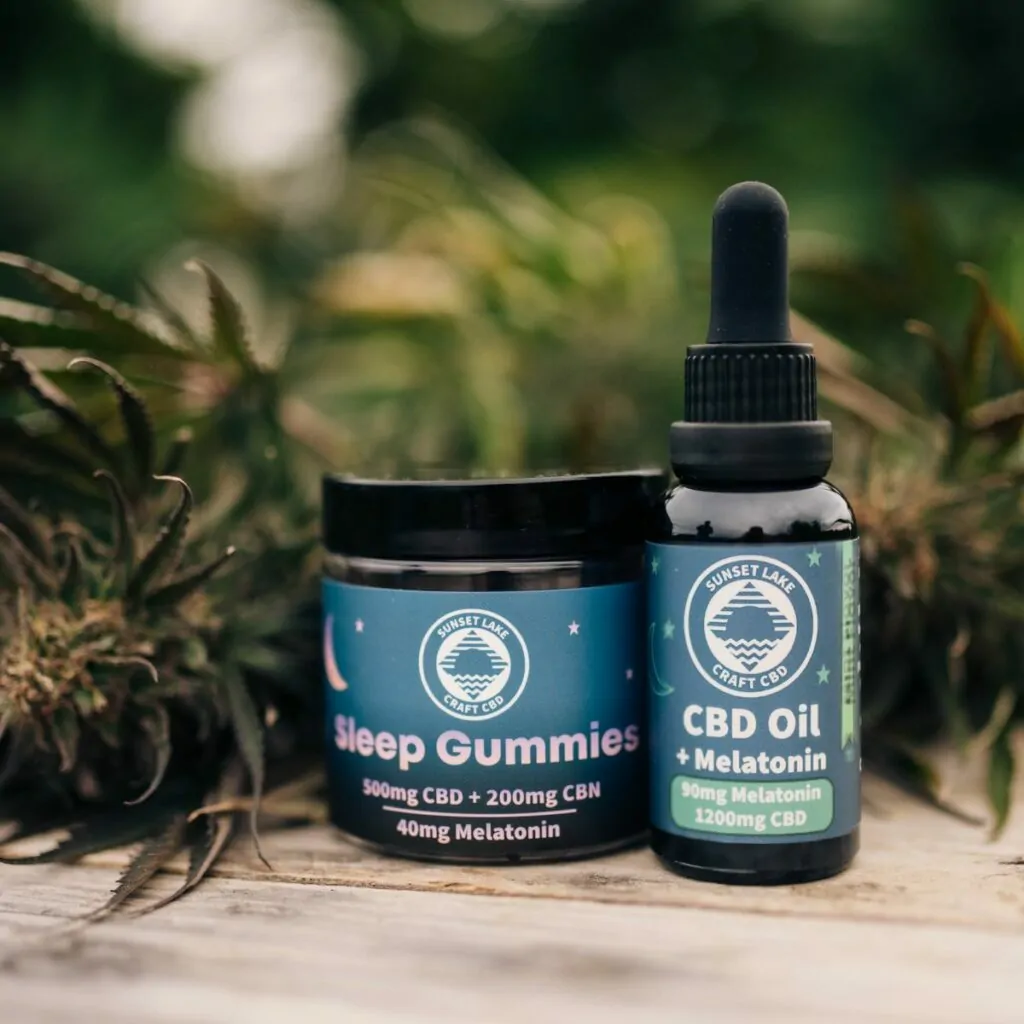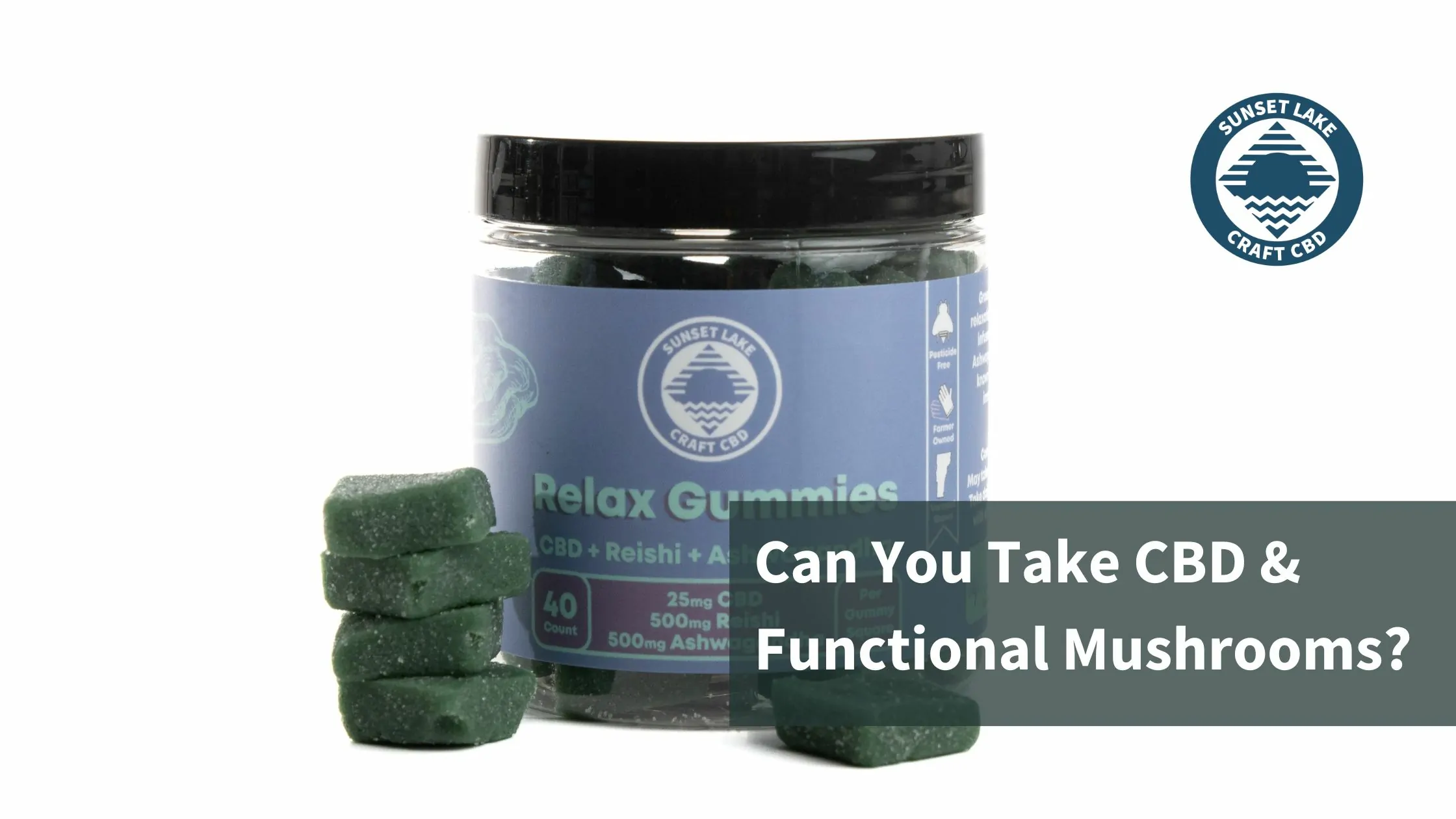In the world of cannabinoids, CBD (cannabidiol) often takes the spotlight for its wide array of potential benefits. However, there’s another cannabinoid that’s been gaining attention for its sleep-inducing properties: CBN (cannabinol). In this article, we’ll explore the sleepy side of CBD and how CBN gummies can be a natural aid for those seeking better sleep.
What is CBN?
CBN, short for cannabinol, is a lesser-known cannabinoid found in the cannabis plant. While not as prominent as CBD or THC, CBN is gaining attention for its potential therapeutic benefits, particularly in promoting relaxation and supporting sleep.
CBN is formed from the degradation of THC, the primary psychoactive compound in cannabis, as the plant ages or is exposed to heat and light. This process converts THC into CBN, which is why CBN is often found in higher concentrations in older cannabis plants or in cannabis that has been stored for an extended period.
Research on CBN is still in its early stages, but preliminary studies suggest that it may have several potential benefits. One of the most well-known effects of CBN is its sedative properties, which could make it useful for promoting sleep and managing insomnia. Additionally, CBN is believed to have anti-inflammatory, pain-relieving, and appetite-stimulating effects, although more research is needed to fully understand these potential benefits.
CBN interacts with the body’s endocannabinoid system, which plays a role in regulating various physiological processes, including mood, sleep, appetite, and pain sensation. By influencing the endocannabinoid system, CBN may help restore balance and promote overall well-being.
The Science of CBN
CBN is a non-intoxicating cannabinoid, meaning it won’t produce a “high” like THC. Instead, CBN is believed to interact with the body’s endocannabinoid system, which plays a role in regulating various functions, including sleep. Some studies suggest that CBN may have sedative effects, making it potentially useful for those struggling with sleep issues.
CBN vs. CBD
While CBD and CBN are both cannabinoids, they have some key differences. CBD is more well-known for its anti-anxiety and pain-relieving properties, while CBN is gaining recognition for its potential as a sleep aid. Both cannabinoids are believed to interact with the endocannabinoid system, but their effects can vary based on individual biochemistry.
Incorporating CBN Gummies into a Nightly Routine
If you’re interested in trying CBN gummies for better sleep, there are a few things to keep in mind. Start with a low dose and gradually increase until you find the right balance for your body. It’s also important to use CBN gummies as part of a healthy nighttime routine, including limiting screen time before bed and creating a calming environment in your bedroom.
CBN gummies offer a natural and potentially effective way to improve sleep quality and duration. While more research is needed to understand the effects of CBN fully, many users report positive results when using CBN gummies as part of their nighttime routine. If you’re struggling with sleep issues, it may be worth considering CBN gummies as a safe and natural alternative to traditional sleep aids.
Incorporating CBN into your nighttime routine may help you achieve a more restful sleep, leading to improved overall health and well-being. Consider giving CBN gummies a try and experience the sleepy side of CBD for yourself. Rediscover how good you feel after a good night’s sleep with Sunset Lake CBD’s Sleep Gummies + CBN & Melatonin. Try them today!















